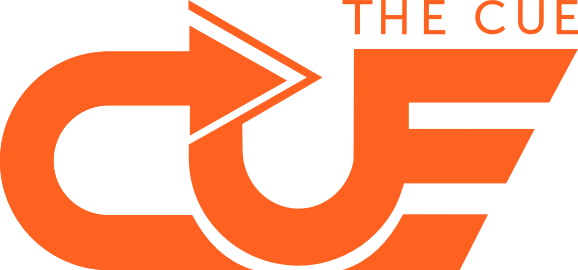Start by keeping the end in mind:
- Your organisation has an ambitious strategy which provides direction to the entire organisation. This strategy often consists of a limited number of strategic objectives. It is important that each team is able to make its own contribution to these objectives. Of all employees who indicate that they are satisfied with their current work and/or employer, 75% say that they work for an organisation which has a clear purpose. Source: Global Talents Trends Study, May 2018).
- Each team has its team goals which are visibly derived from these organisational objectives.
- Every day, each team member works on tasks which are visibly linked to the team goals and therefore also to all or some of the organisational objectives.
- Bonus: The management team learns about the progress towards the organisational objectives by the progress that teams make towards their team goals.
Building block #1: The OGSM gives an overview of the organisational objectives
A model such as the OGSM (Objective, Goals, Strategy & Measures) can work well to create consistency within an organisational strategy (objective). The strategic objectives (goals) derived from that objective and how you as an organisation want to achieve and measure success (strategies & measurements) make it concrete. A specific OGSM is the foundation teams need to determine their own team goals.
Building block #2: Team goals, team tasks and Microsoft Planner
It is preferable for teams to periodically set their own team goals, by which they determine how they will contribute to the achievement of the strategic organisational objectives. In addition, you as a team want to measurably see your progress towards your team goals. Various methodologies are available to do this, such as using KPIs (Key Performance Indicators) or OKRs (Objectives and Key Results).
An important condition for success as an organisation is the development of action-focused teams. These are teams which can carry out the right tasks efficiently (and also have fun, but that’s a topic for another blog).
Our preferred tool for recording team tasks is Microsoft Planner (an online to-do list which offers overview and task management). Microsoft Planner is an application available to any organisation which has Office 365. With Microsoft Planner, each team member can see 24/7 the current status of all team tasks, who is responsible for what, when the deadlines are, and which tasks are linked to the right team goals (using tagging).
Building block #3: Know what your personal tasks are
Going from team goals to personal tasks — this step is often different for every organisation. Often we see that individuals have different preferences when it comes to maintaining their personal to-do list.
Our preference is to use Microsoft To Do, an application available with Office 365.
The advantage of To Do is that its gives you an overview of the team tasks from Planner which are linked to you and also the priorities arising from the added tasks.
The success of organisations is in the quality of their collaborations — both within teams and between teams. With the above building blocks and Office 365, you can take the first step towards engaged teams who actively contribute to the organisation’s success. Want to know more about how this works in practice? Or how you can realise this in a scalable manner? Feel free to contact us!
Team the Cue

